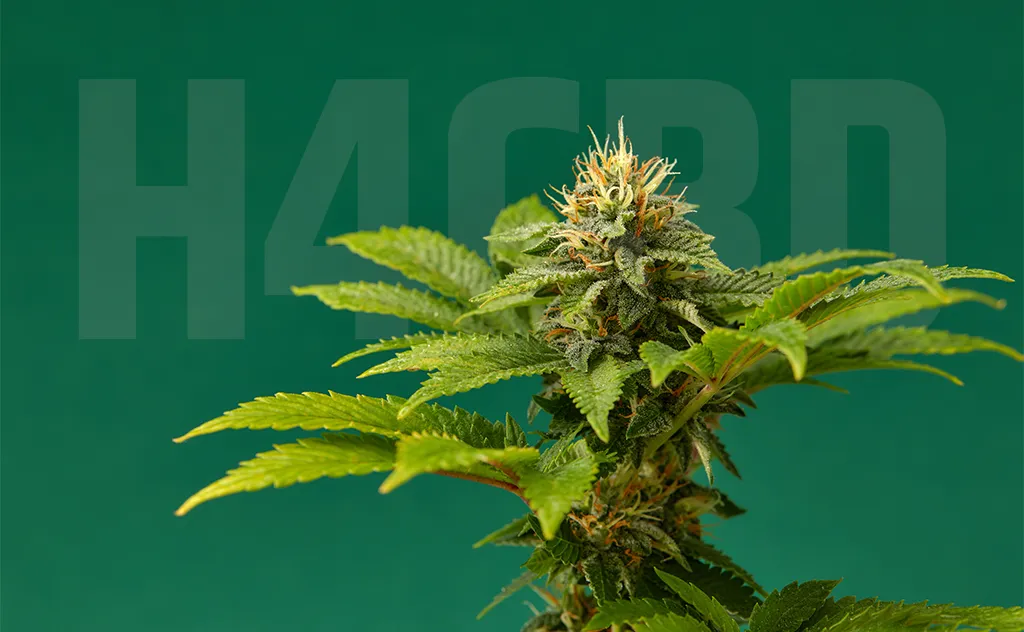H4CBD is a synthetic cannabidiol that is emerging in the landscape of scientific research and personal well-being.
This substance, derived from the hydrogenation of CBD, is distinguished by its unique molecular structure and its potential therapeutic properties, which appear to be even higher than those of CBD.
Unlike its predecessor, H4CBD interacts in a more intense way with CB1 receptors, suggesting greater potency in some of its effects.
Is there actually a more potent substance than CBD and THC? Looks like there is.
In this article, we will explore the distinctive characteristics of H4CBD, how it is different from CBD, its effects, benefits and the implications for the future of the cannabis field.
What is H4CBD?
H4CBD is therefore a synthetic cannabinoid that is different from CBD due to its chemical structure altered through an hydrogenation process. This process consists in adding four hydrogen atoms to a CBD molecule, transforming it into H4CBD.
Why is this done? This structural modification gives H4CBD a higher affinity for CB1 receptors, which are mainly found in the brain, and could explain its higher potency in certain aspects compared to CBD.
Unlike CBD, which is known not to produce psychoactive effects, H4CBD can induce a mild euphoric feeling that would make it more similar to THC. Furthermore, it is important to emphasise that while CBD occurs naturally in the cannabis plant, H4CBD does not occur naturally and can only be obtained through laboratory synthesis.
Some studies suggest that H4CBD can be up to 100 times more effective on the CB1 receptor than CBD and has antiinflammatory properties.
-
Product on sale
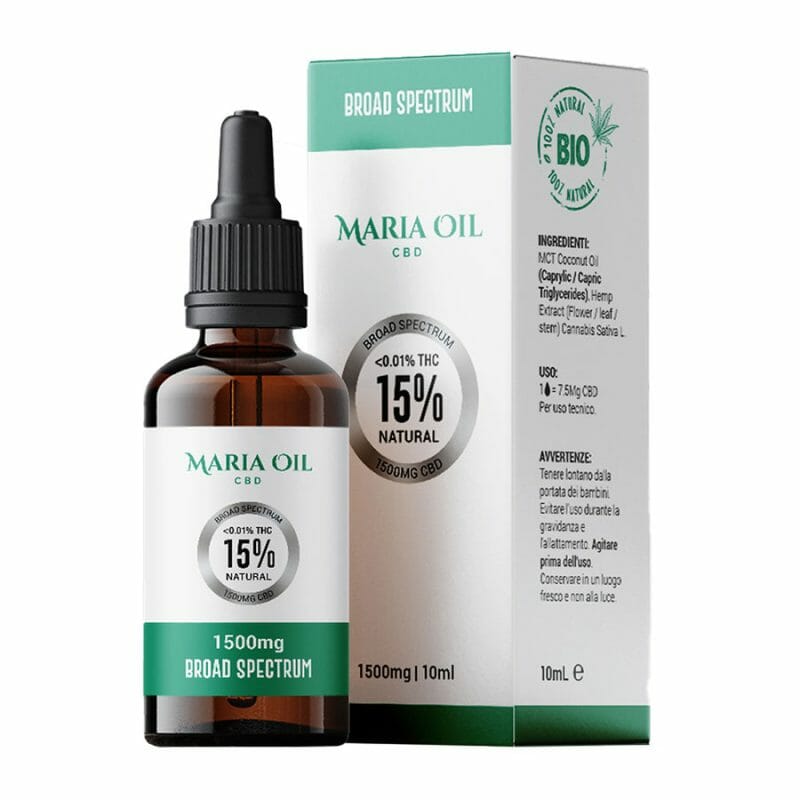 CBD oil 15% (1500mg) Broad SpectrumPrice range: £31.20 through £51.20From 1,71 €/gr
CBD oil 15% (1500mg) Broad SpectrumPrice range: £31.20 through £51.20From 1,71 €/gr -
Product on sale
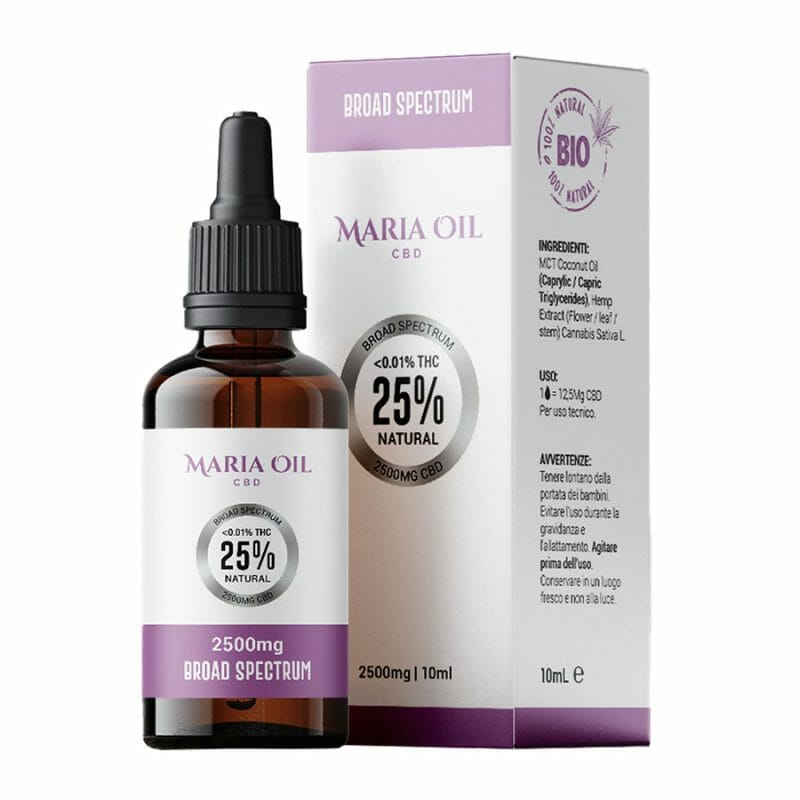 CBD oil 25% (2500mg) Broad SpectrumPrice range: £47.20 through £67.20From 2,24 €/gr
CBD oil 25% (2500mg) Broad SpectrumPrice range: £47.20 through £67.20From 2,24 €/gr -
Product on sale
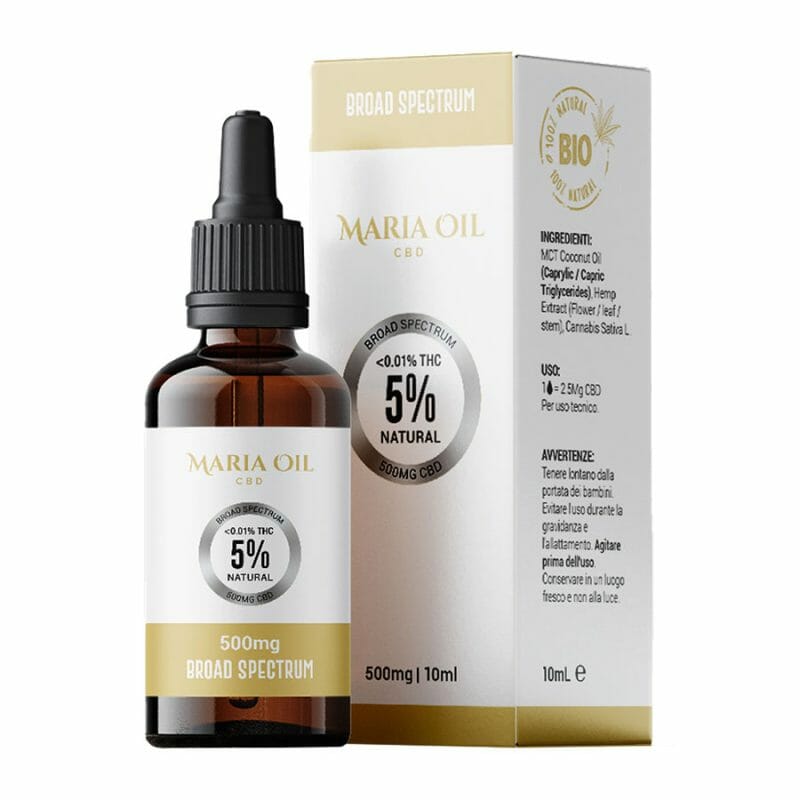 CBD oil 5% (500mg) Broad SpectrumPrice range: £14.25 through £33.00From 1,10 €/gr
CBD oil 5% (500mg) Broad SpectrumPrice range: £14.25 through £33.00From 1,10 €/gr
How does H4CBD work?
H4CBD interacts with the body’s endocannabinoid system, which is a complex receptor and neurotransmitter system regulating various physiological functions such as pain, mood, appetite and memory.
Unlike CBD, H4CBD has a higher affinity for CB1 receptors and could have a more significant impact on the central nervous system, potentially providing more intense effects than CBD.
The structural modification of H4CBD, obtained from a hydrogenation process, could also influence its solubility and ability to pass through the blood-brain barrier, making it more bioavailable and therefore potentially more effective.
Remember that research about H4CBD is still in its early stages and many of its properties and effects have yet to be fully understood and documented through in-depth clinical studies.
Differences between CBD and H4CBD
So far, we understand that CBD and H4CBD are both cannabinoids but with some significant differences in their origin, chemical structure and way of interacting with the body’s endocannabinoid system.
One of the main differences between the two we have already seen is their affinity for the CB1 and CB2 receptors of the endocannabinoid system. CBD has a low affinity for these receptors and mainly acts as an indirect modulator, while H4CBD mainly acts on the brain.
The effects of CBD, and legal weed in general, are well documented and include potential benefits such as pain relief, reduced inflammation, anxiety control and improved sleep quality. On the other hand, H4CBD may provide similar effects with a greater efficacy and speed of action.
Thus, although both cannabinoids may influence the endocannabinoid system, their impact may vary considerably depending on dose, route of administration and individual sensitivity.
At present, while CBD is a natural cannabinoid with a broad spectrum of applications and a long history of use, H4CBD represents an innovation in the field of synthetic cannabinoids, with potential benefits that merit further research.
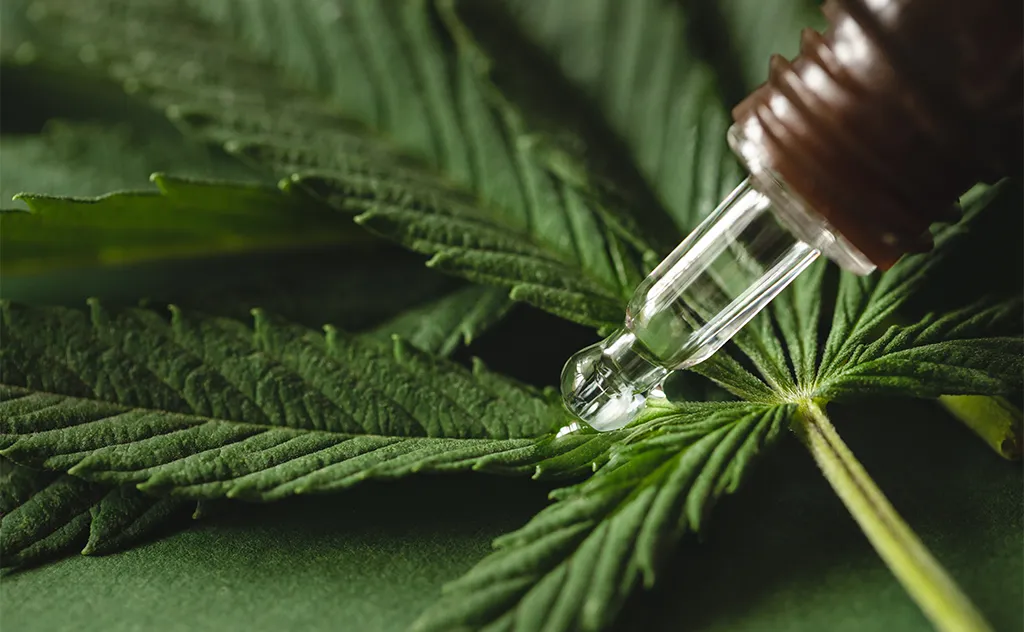
What are the effects of H4CBD?
We mentioned that the higher affinity for CB1 receptors in the endocannabinoid system may result in more intense effects than CBD, including a mild feeling of euphoria. In addition, other effects of H4CBD may be anti-stress and anxiolytic, improving mood and reducing anxiety.
Some studies suggest that it also has anti-inflammatory and pain-relieving properties, potentially making it more effective in treating pain and inflammation.
The scientific community is committed to exploring the possibilities provided by this synthetic cannabinoid, with the goal of understanding better its safety and efficacy profile. Meanwhile, it is crucial to approach the use of H4CBD with caution and under the supervision of a healthcare professional, especially when used for therapeutic purposes.
Are there adverse effects as well? It is perhaps a little too soon to tell. However, depending on available information and knowledge about cannabinoids in general, some potential side effects can be assumed.
The most common ones include nausea or digestive disorders, dry mouth, mood disorders, drowsiness and decreased ability to concentrate. It is important to note that these effects are generally considered to be mild and can vary from person to person.
Moreover, as for other cannabinoids, there may be appetite or weight variations and, in some cases, diarrhoea. Individual responses to cannabinoids may vary greatly, and what may be a side effect for one person may not be for another.
Some sources suggest that, although H4CBD is more potent than CBD and more similar to THC, it doesn’t produce any significant psychotropic effects, such as euphoria or a “high” feeling. And so far, no serious side effects associated with its consumption have been reported.
H4CBD may also interact with other drugs or supplements, so discussing the use of any new cannabinoid with a doctor is recommended, especially if you are already following some other treatment.
Is CBD or H4CB better?
As is often the case with treatments, there is no single answer as the preference between the two depends on various factors, which include undesirable effects, individual tolerability and the specific needs of each user.
Some people may prefer H4CBD because of its greater potency on CB1 receptors, which may translate into faster and more intense effects, while others may opt for CBD because of its proven safety and the fact that it does not alter mental state.
CBD has a long history of use and an extensive research base to support it, while H4CBD represents an emerging area of scientific interest and therapeutic potential.
The choice between CBD and H4CBD depends on your needs and personal preference. If you are interested in exploring the benefits of CBD, we invite you to discover Maria CBD Oil’s CBD products.
With a wide range of high-quality products, we are ready to help you find the right solution for you.
 Contact us
Contact us 





